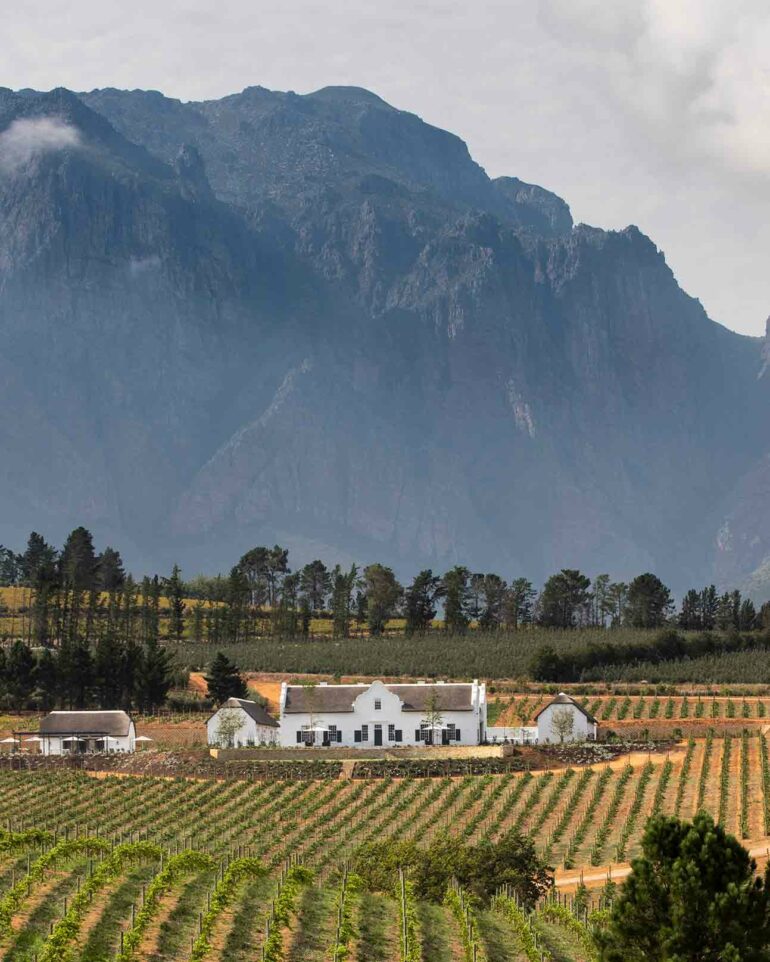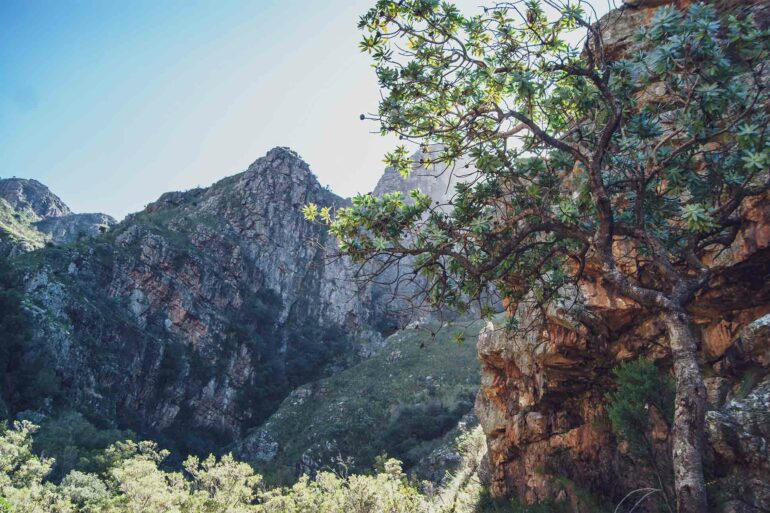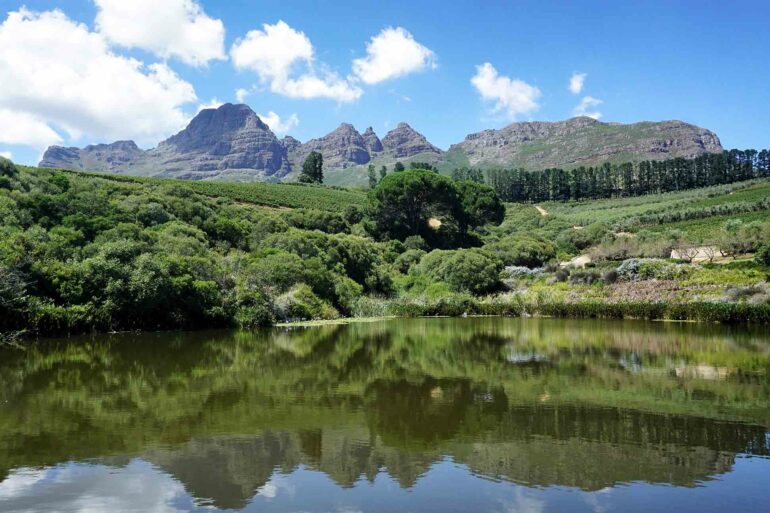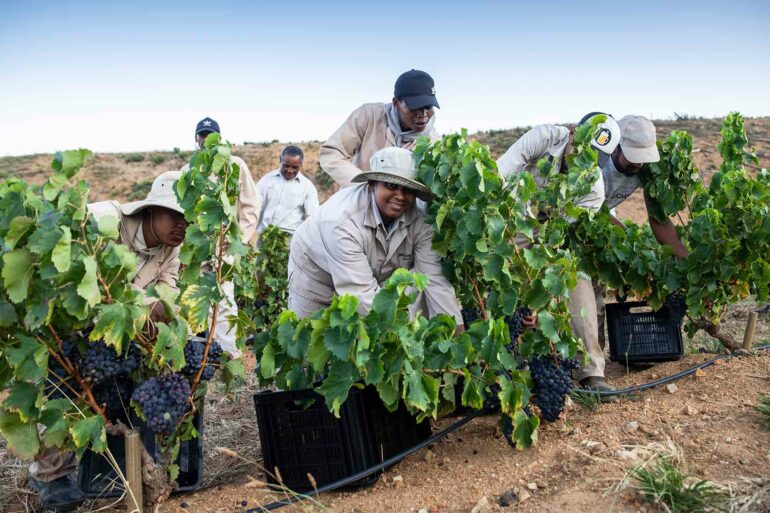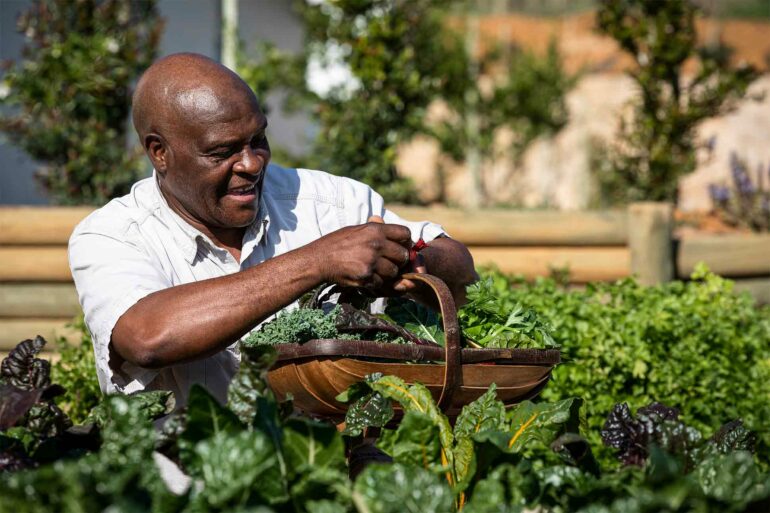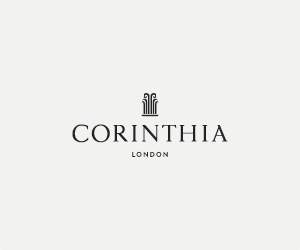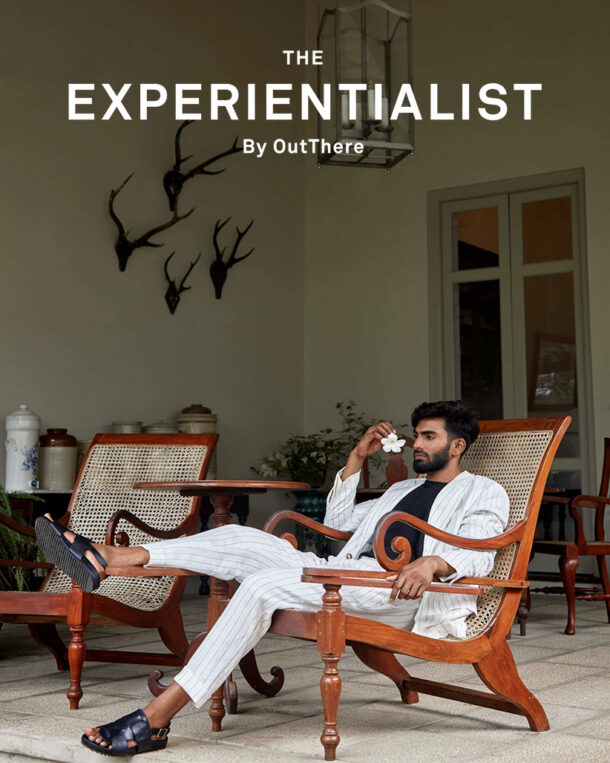I make my own ballsy concoction, heavy on the Grenache and it tastes somehow off. Kiara makes a minor adjustment and instantly it’s a good glass of wine.
“You can’t make good wine out of bad grapes, but you can make bad wine out of good grapes,” she adds with a knowing wink.
Tim speaks often of being ‘eco-friendly, but not as a gimmick’. In recent years, winemaking has placed greater importance on working with the environment.
Avondale Estate, my next stop, is an extreme example of this trend. It’s a 17th-century house in the old Cape Dutch style, with antique furniture and beams and thick white pillars. Johnathan Grieve’s family took the property over in 1996. His opening gambit is rather different from Tim’s.
“This area has double the amount of flora you’d find in the Amazon in a fraction of the area. It’s a biodiversity hotspot,” he says.
Avondale’s wines are award winning. Impressive, I think, but at dinner afterwards Johnathan admits that it wasn’t the kind of wine he set out to make, yet he ended up being a leader in South African biodynamic viticulture.
Biodynamic farming is generally seen as ‘organic plus’, but it is in fact an all-encompassing semi-mystical philosophy that goes quite a bit further. Invented by Austrian occultist Rudolf Steiner, it ventures into areas many would class as outright bonkers on the level of astrology and crystal healing. But, as is often the case, when a passionate advocate explains it to you, it all sounds pretty reasonable. Johnathan sums it up neatly:
“An organic farmer buys organic fertiliser. A biodynamic farmer buys a cow. Fertiliser contains two or three nutrients. Manure contains dozens. With normal agriculture, you’re like a hamster on a wheel, spraying chemicals,” he explains. “The chemical rep comes up the drive and sells you the world. A month later, you have a new disease to fight.”
So, it’s only fitting that on our visit to Avondale, we’re introduced to the Egg Mobile, a painstakingly restored 1952 Dodge truck converted into a chicken coop. It can be moved around the vineyard to where the birds’ droppings are needed to feed the soil. Johnathan also uses a battalion of ducks to pick the vines clean of larvae.
Biodynamic philosophy all boils down to a near-religious belief that nature is always better than man. I think many people sympathise with this view in general, although Tim, who’s hitched a ride on this tour to check out the local competitor, feels some of it goes into the realm of quackery. And that’s not just the ducks.
But is the wine any good?
Most of the grapes for the Anima Chenin Blanc 2016 were fermented in 500-litre French oak barrels, but a proportion were fermented for nine months in clay amphoras buried in the ground. It’s a method of winemaking that goes back 8,000 years.
We drink it in the cool of the cellar, surrounded by the clay-engulfed Grecian-like urns, each pregnant with their biodynamic babies in a hushed and reverent atmosphere. And, of course, it’s fantastic: rich, complex and flavourful. But on the question of whether all the extra biodynamic rituals make it any better than the wine I had at Brookdale, I remain agnostic.
Leeu Estates is my final stop. In contrast to the curated privacy of Brookdale and the eco philosophy of Avondale, Leeu is a little closer to the mainstream, old South African wine route. It sets itself apart by being the most opulent version of that.
Le Chêne, the estates’ restaurant, offers a tasting menu I got gout just from looking at. It’s a selection of mouthwatering, experimental dishes paired to perfection with wines from around the Cape. I’m a fan of tasting menus. In fact, I kind of resent reading menus at all. Just give us your best. And their best is mind-blowing.
The menu’s theatrical in the nicest sense, but then I’m an easy lay for this kind of thing. I’ll coo and clap as the waiter wheels the tray over and starts some elaborate process of setting things on fire or releasing strange gases, all that Heston Blumenthal malarkey. It’s pretentious and silly and I love it. And I find I’m happy just to go on autopilot. After a week of learning about grapes and blends and viticulture and biodynamic farming and tannins and phytates, I’m very much in favour of just drinking the stuff.
While I’ve learned plenty here, I can already feel some of it evaporating as I climb into bed on my last night, full of incredible wine and food. But that’s okay. You don’t have to be a watchmaker to know what time it is. More importantly, you don’t need to be a winemaker to drink the stuff.
When it comes to wine, I’ll always be on the receiving end. And I’m fine with that.
www.brookdale-estate.com | www.avondalewine.co.za | www.leeucollection.com
Photography by Anika Mikkelson and Jean-Baptiste Daubié via Unsplash
Get out there
Do…
… stop between wine tastings to check out the wildlife. The Ashia cheetah sanctuary near Paarl is beautiful, ethically run and offers daily tours. You can stay there too in a luxurious suite.
… take a township tour while you’re in and around Cape Town. It will open your eyes and challenge your preconceptions.
… buy a local SIM card if you just can’t get away from it all. That said, WiFi coverage is pretty good throughout South Africa, but it’s still better value to buy a SIM at the airport.
Don’t…
… wander too far late at night. The wine regions are safe but, like anywhere in the world, it pays not to get lost in the wrong areas. Better yet, use a guide. They can be your designated driver too.
… be surprised at some of the language. ‘Coloured’ is not a pejorative term here. Instead, it refers to a multiracial ethnic group of native South Africans.
… just wing it. This is a big place with a wide range of accommodation and tours to fit all budgets. Do your research to avoid disappointment.


